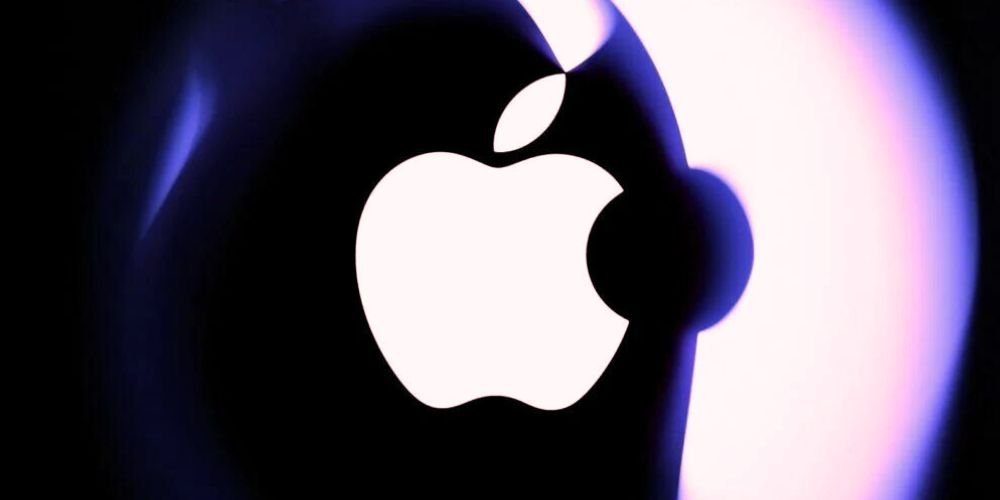Key Points
- Trump threatened a 25% tariff on iPhones not made in the U.S., hitting Apple’s stock.
- Apple has shifted production to India and Vietnam to reduce its reliance on China. Despite diversification, 85% of iPhones are still made in China.
- Apple committed $500 billion in U.S. investment, including 20,000 jobs and new factories.
- Analysts say shifting iPhone production to the U.S. is unrealistic and costly.
Apple Inc. is facing renewed pressure from former President Donald Trump, who threatened to impose a 25% tariff on iPhones not made in the United States. The warning, posted on Truth Social, sent Apple’s market value plunging by over $100 billion early Friday, underscoring the vulnerability of its global supply chain strategy.
Despite Apple’s efforts to reduce dependence on China by expanding manufacturing in India and Vietnam, the majority of iPhone production—about 85%—still comes from China. Apple CEO Tim Cook has been gradually diversifying operations, especially since Trump first imposed tariffs on Chinese imports during his first term. India, in particular, has ramped up output, exporting a record $2 billion worth of iPhones to the U.S. in March.
Cook recently noted that most iPhones sold in the U.S. will soon be made in India, while iPads, Macs, Apple Watches, and AirPods will primarily originate from Vietnam. China will remain the main source for products sold outside the U.S.
To further strengthen domestic ties, Apple announced a $500 billion U.S. investment plan over four years, including hiring 20,000 employees and building a server factory in Texas. Cook emphasized the company’s commitment to American innovation, but Friday’s developments highlight how these efforts may fall short of shielding Apple from political risk.
Apple has already forecast a $900 million hit this quarter due to tariffs, and analysts warn that a full shift to U.S. manufacturing would be both impractical and costly. Wedbush analyst Dan Ives estimated that a domestically made iPhone could cost around $3,500, making it economically unfeasible.
Trump’s latest remarks also included a recommendation for a 50% tariff on European Union goods and a broader push for tech firms to relocate manufacturing to the U.S., which will impact companies like Samsung.





